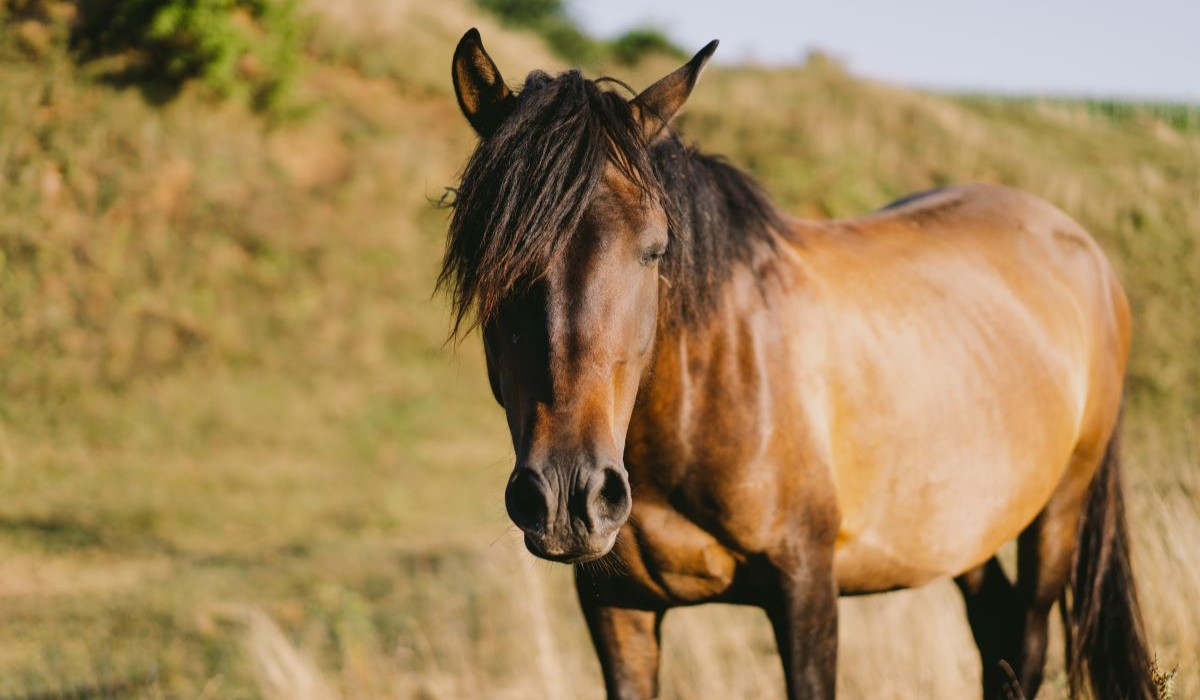Understanding Equine Behavior: Health and Wellness Implications
Horses' majestic stature and expressive demeanor have always captivated us. But beyond their physical beauty lies a complex world of behavior deeply intertwined with their health and well-being. Understanding these behavioral cues is essential for any horse owner, trainer, or enthusiast.
The Language of Horses
Horses communicate volumes through their behavior. Recognizing subtle changes in their actions or mood can be essential to early detection of health issues. For instance, a horse that's usually sociable but suddenly becomes withdrawn might be experiencing discomfort or stress. Similarly, changes in posture, such as frequent lying down or tail swishing, could indicate pain or irritation. These behavioral signs are critical in preemptive care and maintaining a horse's overall well-being.
Behavioral Indicators of Equine Health
- Physical Signs: Limping, reluctance to move, or excessive scratching indicate physical ailments.
- Mood Swings: Sudden aggression or fearfulness can signal discomfort or neurological problems.
- Eating Habits: Changes in appetite or water consumption might hint at digestive or other systemic issues.
Influence of Environment on Equine Behavior
The environment plays a pivotal role in shaping equine behavior. Poor stable conditions, lack of social interaction, or inadequate exercise can lead to stress, anxiety, and subsequent health problems. Regular exercise, socialization, and a clean, comfortable living space are crucial for a horse’s mental and physical health.
Nutrition's Role in Behavioral Health
A balanced diet is paramount in maintaining not only a horse’s physical health but also its mental state. Nutritional deficiencies or imbalances can lead to lethargy, irritability, or even more severe behavioral changes. Regular assessments of dietary needs, considering factors like age, activity level, and health status, are necessary for a holistic approach to equine wellness.
Practical Training and Handling Techniques
Training and handling methods significantly impact a horse’s behavior and stress levels. Techniques based on understanding, patience, and positive reinforcement foster trust and cooperation, leading to a healthier and more harmonious relationship between horses and their handlers.
Spotting Health Concerns through Behavior
Many health issues in horses first manifest as changes in behavior. Being vigilant about these changes is crucial. For example:
- Lameness or Pain: A horse favoring one leg or showing reluctance to move might be in pain.
- Digestive Issues: Changes in droppings or eating patterns could indicate gastrointestinal problems.
- Respiratory Conditions: Coughing or nasal discharge are signs to watch out for.
Empowering Horse Owners for Better Care
Understanding equine behavior goes beyond mere observation. It involves a commitment to continuous learning and adapting care based on each horse's unique needs and signals. This knowledge empowers horse owners, trainers, and veterinarians to make informed decisions, leading to better health outcomes and a stronger bond with these magnificent creatures.
At [Cedarbrook Veterinary Care, we understand the deep connection between you and your horse. Our team is dedicated to providing comprehensive care guided by empathy, understanding, and a wealth of experience. Don't hesitate to reach out if you've noticed changes in your horse's behavior or health. Our experts are here to offer support, advice, and top-notch veterinary care. Early intervention is vital to maintaining your horse's health and happiness.
For personalized care and expert advice, book an appointment with us today. We're not just a clinic; we're your partners in ensuring the health and well-being of your cherished equine companion. Trust us to be there for you and your horse every step of the way.

Cedarbrook Veterinary Care
By accepting you will be accessing a service provided by a third-party external to https://cedarbrookvet.com/



